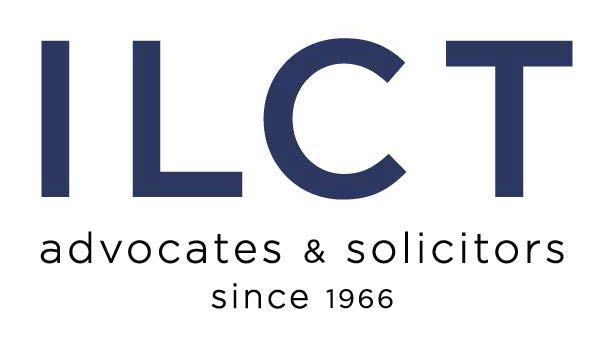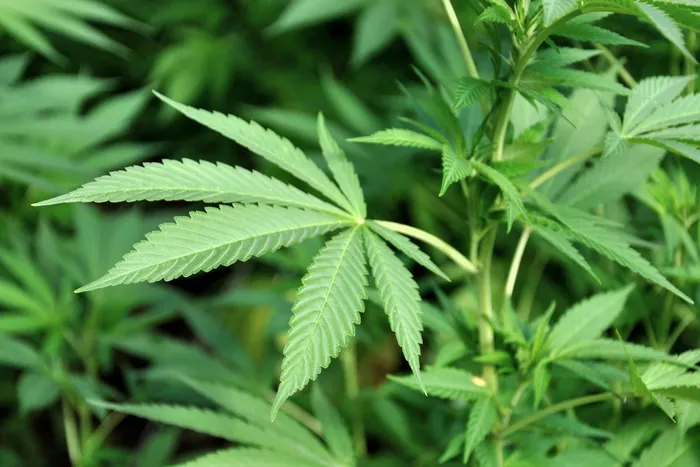Evolution of the Thai regulatory regime on hemp and cannabis, for business opportunities
Commercial opportunities open up, as, from June 9, 2022, cultivation of cannabis and hemp plants will be partially decriminalized in Thailand.
The Thai law defines Cannabis sativa L. subsp. Indica as “cannabis“, and Cannabis sativa L. subsp. Sativa having no more than 1.0 % THC by dry weight in its leaves and inflorescence as “hemp“. The Narcotic Actof 1979classified cannabis and hemp as category 5 narcotics, whichmeant all activities related to the plants were strictlyregulated by the Act.
Currently, the extent to which the production and use of cannabis, hemp, and related products are legal or not is a topic of great debate and concern in the country. In fact, in 2019, Thailand became the first Southeast Asian country to legalize the medical use of substances listed as category 5 narcotics, with Amendment (No. 7) of the Narcotics Act B.E. 2522 (1979) giving the Narcotics Control Committee the duty to advise the Ministry of Public Health whether to issue the appropriate license to produce, dispose of, import, export or possess the substances.
Following the delisting, a series of implementing regulations were issued to allow applications for the license to produce, dispose of, and processing of the materials for specified purposes only and under strict official control, namely:
- for the purposes of implementing the objectives of Stateagencies, except for the purposes under items 2 to 6below, in which cases the State agency shall apply for alicense according to their intended purposes;
- for utilization of fibers in accordance with tradition and culture, and only for use within the family, provided that each family is allowed to have not more than one rai [2 ½ rai = 1 acre] of the cultivated land;
- for commercial or industrial purposes;
- for medical purposes:
- for the purposes of study, test, research, or propagation;
- for the purposes of producing certified seeds.
Applicants for the license must meet these very strict qualifications, and private entities or group of farmers are only eligible for a cannabis license if they operate jointly with a state agency.
Based on the new Narcotic Code that came into force at the end of 2021, the Notification RE Naming Category V Narcotics has iust been issued and will come into force on the 9 June 2022, once again defining extracts from all parts of the cannabis genus plants containing THC not exceeding 0.2% by weight, which are permitted to be extracted from cannabis or hemp planted within the country, and designating extracts from cannabis or hemp seeds planted within the country as an exception not regarded as Category V Narcotics. Thus, from 9 June 2022, hemp/cannabis extracts containing THC not exceeding 0.2% by weight will be delisted from narcotics List 5 according to the Notification of the Ministry of Public Health. As a result, the public is allowed grow hemp/cannabis plants at home, but the products cannot be used for commercial purposes without additional licenses. The Deputy Secretary-General of the Food and Drug Administration also added that those interested in importing the above-mentioned substances would have to seek permission in accordance with the Plant Propagation Act B.E. 2518 and the Plant Quarantine Act, B.E. 2507, if it is an extract imported from abroad, it is classified as a dangerous drug.
At the same time, a new separate draft bill providing details on the legal use of cannabis, including its production and commercial use, and guidelines on recreational use, was recently presented to the Parliament for its review and approval.
Ms. Mananya Thaiset, Deputy Minister of Agriculture and Cooperatives, revealed since the latest notification of the Minister of Public Health, the Department of Agriculture and Cooperatives has been preparing to issue and implement all regulatory and practical measures to support the farmers with this opportunity. In particular, the Department of Agriculture has the power to curb the free import of seeds and inflorescences of cannabis genus from abroad, according to the Plant Quarantine Act (1964). Moreover, the Department is also drafting agricultural standards and good agricultural practices for cannabis, hemp and kratom as guidelines for planting, protecting, harvesting, and post-harvesting, aimed at raising the quality of cannabis and hemp plants to international standards.
As of now, the regulation for the processing and commercialization of cannabis and hemp components, by-products and end-products is still under review, and it is unclear whether and when the country will see a complete legalization of cannabis and hemp.
You can contact ILCT for further clarifications on the issue and potential opportunities. Meanwhile, we will follow up and report on any further legal development.

